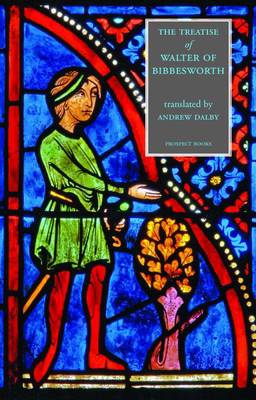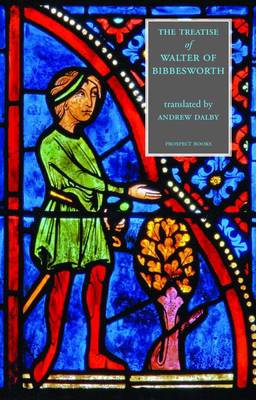
- Afhalen na 1 uur in een winkel met voorraad
- Gratis thuislevering in België vanaf € 30
- Ruim aanbod met 7 miljoen producten
- Afhalen na 1 uur in een winkel met voorraad
- Gratis thuislevering in België vanaf € 30
- Ruim aanbod met 7 miljoen producten
Zoeken
Omschrijving
The Treatise of Walter of Bibbesworth is a didactic poem in Anglo-Norman which surveys a host of practical matters, ranging from childbirth and our passage through life, to estate management and life in fields, workshops, to activities in the home, the kitchen and the dining-hall, to the flora and fauna (and even the weather) of thirteenth-century England. Its didactic purpose was to teach the French language, in other words, it was not so much the topics discussed but the Anglo-Norman or French words used to describe them. It was a vocabulary, albeit a creative one. To this end, many of the words were glossed, in the original manuscript and subsequent versions, with their Middle English equivalents. The author and the intended audience for this poem are discussed in the introduction, as are also its date, the language, modern interpretations and its bibliography. The English text runs parallel to the original Anglo-Norman which we have been permitted to reprint by its modern editor, Professor William Rothwell and his publisher The Anglo-Norman Hub. This will make the book useful for linguistic studies as well as richer for the general reader. Walter is truly a gem so far undiscovered by the wider public. Andrew Dalby is an historian of food and of language. Many of his books have treated the history of food in classical times, but his history of the spice trade has been widely sold. For Prospect Books, Andrew Dalby has translated the classical text of Cato on agriculture and the Byzantine text Geoponika.
Specificaties
Betrokkenen
- Auteur(s):
- Uitgeverij:
Inhoud
- Aantal bladzijden:
- 155
- Taal:
- Engels
Eigenschappen
- Productcode (EAN):
- 9781903018866
- Verschijningsdatum:
- 5/05/2012
- Uitvoering:
- Paperback
- Formaat:
- Trade paperback (VS)
- Afmetingen:
- 137 mm x 213 mm
- Gewicht:
- 217 g

Alleen bij Standaard Boekhandel
+ 96 punten op je klantenkaart van Standaard Boekhandel
Beoordelingen
We publiceren alleen reviews die voldoen aan de voorwaarden voor reviews. Bekijk onze voorwaarden voor reviews.











